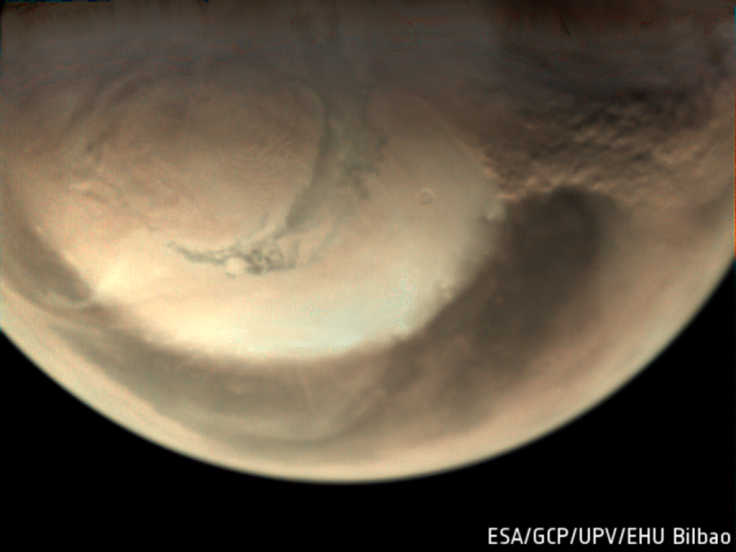Mars May Have 2 Ancient Underground Water Reservoirs, Study Reveals

KEY POINTS
- Researchers used meteorites to study Mars' composition
- Traces of water were discovered in the Martian meteorites
- Mars might have at least two underground water reservoirs
A new study revealed that Mars might have at least two ancient underground water reservoirs. The authors of the study arrived at this conclusion after studying meteorites that came from Mars.
The presence of Mars has always been a mystery among scientists. This is the reason why many current and upcoming missions are focused on finding traces of water on the Red Planet. For scientists, the presence of water could provide the ideal conditions for life to flourish on Mars.
Recently, a team of researchers was able to study Mars’ terrain without leaving Earth. They were able to do so by analyzing samples from meteorites that contain natural materials from the Martian crust. Their findings were presented in a study published in Nature Geosciences.
These meteorites, namely Alan Hills 84001 and Northwest Africa 7034, were discovered in Antarctica in 1984 and the Sahara Desert in 2011, respectively.
Through the samples, the researchers were able to study Martian isotopes. Like on Earth, these isotopes are the variants of an element with different numbers of neutrons. One of the isotopes the researchers came across in their samples is hydrogen.
According to the researchers, its presence in the meteorites strongly suggests the existence of liquid water on Mars, since hydrogen is one of the components of water. Furthermore, the isotope ratios in both meteorite samples were similar to those found in Earth’s water. They are also similar to the ratios found in Mars’ atmosphere.
“Martian meteorites basically plot all over the place, and so trying to figure out what these samples are actually telling us about water in the mantle of Mars has historically been a challenge,” planetary scientist Jessica Barnes, the co-author of the study, said in a statement.
“The fact that our data for the crust was so different prompted us to go back through the scientific literature and scrutinize the data,” she added.
Aside from the presence of water elements, the researchers learned that the two meteorites have different chemical signatures. This means the two Martian meteorites came from different types of rocks found on the Red Planet.
According to the researchers, this difference suggests that the meteorites came from different locations on Mars. In others, it is possible that the Martian rocks originated from two different water reservoirs on the Red Planet.
“These two different sources of water in Mars' interior might be telling us something about the kinds of objects that were available to coalesce into the inner, rocky planets,” Barnes explained.
© Copyright IBTimes 2024. All rights reserved.





















